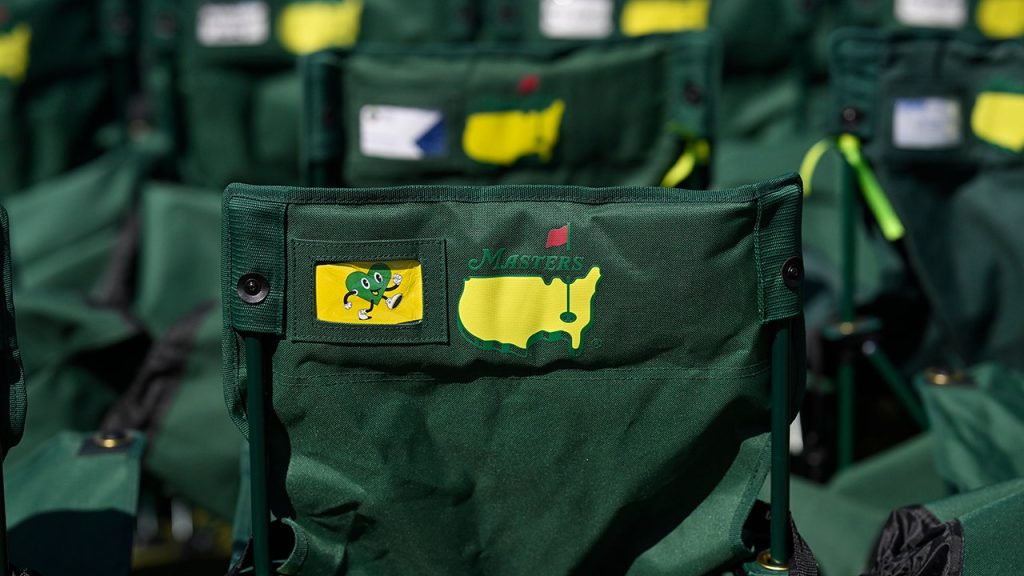The use of generative artificial intelligence, specifically ChatGPT, is revolutionizing the sports industry by enhancing fan engagement experiences and altering internal workflows. Sports leagues and brands are exploring the potential impact of AI technology on content management and distribution, with the PGA Tour, Texas Rangers, NBA, and Grand Slam tennis tournaments already utilizing generative AI for various purposes. The application of generative AI allows for the creation of high-quality outputs from expansive data sets, improving operational efficiency, enhancing athletic performance, and creating secure ticketing experiences. Partnerships in the AI space, such as the collaboration between the PGA Tour and WSC Sports for AI-produced sports videos, are crucial in making the most of generative AI technology.
Generative AI tools like those offered by Amazon Bedrock are enabling organizations to create innovative, hyper-personalized experiences for sports fans across the globe. AI-powered commentary, generated based on specific criteria at lightning-fast speeds, is just one example of how generative AI is transforming the way sports content is produced and consumed. As the sports industry continues to embrace AI technology, it is important for brands to develop a deep understanding of how generative AI can be applied to stay competitive and engage both current and potential fan bases. Allied Market Research estimates that the value of AI in the global sports market could exceed $29 billion by 2032, highlighting the growing importance of AI in the sports industry.
While AI technology has been around for some time, the current iteration of generative AI is relatively new and has the potential to greatly impact sports content creation and distribution. By leveraging sophisticated models like GPT-4, organizations can automate tasks such as clipping and publishing highlights, creating a more efficient workflow. Many sports properties have already started to engage with- in generative AI, with the PGA Tour and various sports leagues utilizing AI and machine learning in their operations, often in collaboration with AI technology providers like WSC Sports. These technologies enable the rapid ingestion of audio and video content, quick understanding of game action, and the generation of video content with minimal human intervention, leading to a more streamlined and efficient production process.
As generative AI continues to advance, sports brands must find innovative ways to engage their fan bases and attract new supporters. By embracing AI technology and understanding how it can enhance their business operations and content creation, organizations can stay ahead of the competition and deliver unique and personalized experiences to fans. The use of generative AI in sports content creation is expected to grow in the coming years, with AI-powered tools and technologies playing a crucial role in shaping the future of the sports industry. Sports brands that adapt to the changing landscape of AI technology are likely to see increased engagement and loyalty from fans, ultimately leading to greater success in the evolving sports market.


